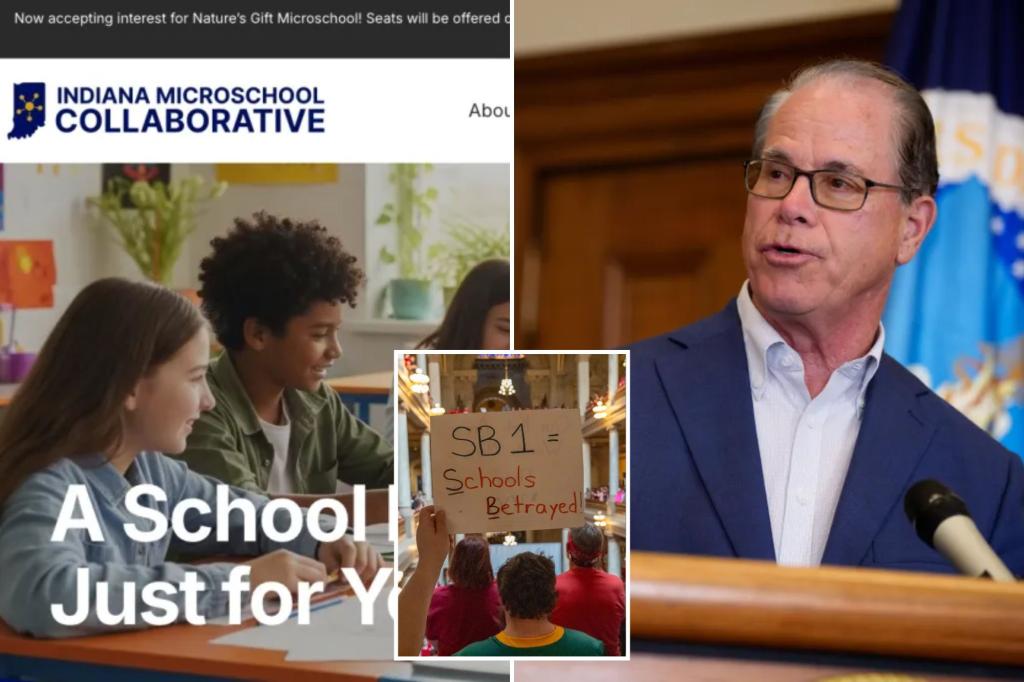Colleges Confront Antisemitism: Understanding the Current Agreements
In recent years, the rise of antisemitism on college campuses has become an alarming trend, prompting educational institutions to take action. As many colleges confront antisemitism, they have begun settling cases that highlight the issue. However, critics argue that the agreements reached are often insufficient, raising essential questions about their effectiveness in enacting real change. This article explores the intricacies of these agreements, the effectiveness of current measures, and the broader implications for campus culture.
Understanding Antisemitism on Campus
Antisemitism, defined as hostility, prejudice, or discrimination against Jews, has manifested in various forms on college campuses across the United States. Incidents range from verbal harassment and vandalism to more systemic issues, including biased policies and exclusion from campus discourse. The increase in antisemitic incidents, particularly in recent years, has been alarming. The Anti-Defamation League (ADL) reported a significant uptick in antisemitic incidents, with college campuses being hotspots for such activities.
As colleges confront antisemitism, they often face the challenge of balancing free speech with the need to protect students from hate. This delicate balance can lead to contentious debates over what constitutes acceptable discourse and how institutions should respond to antisemitic acts.
Current Agreements: What Are They?
In response to antisemitism, many colleges have entered into agreements or settlements aimed at addressing the issue. These often involve commitments to educational initiatives, policy changes, and mechanisms for reporting incidents. Some key components of these agreements include:
- Policy Revisions: Many colleges have revised their codes of conduct to explicitly prohibit antisemitic behavior and provide clearer definitions of hate speech.
- Educational Programs: Institutions may commit to implementing programs aimed at educating students about antisemitism, its history, and its impact on communities.
- Reporting Mechanisms: Enhanced procedures for reporting antisemitic incidents, ensuring that students feel safe and supported in coming forward.
- Accountability Measures: Some agreements include provisions for holding individuals accountable for antisemitic actions, though the enforcement of these measures can vary widely.
Are Current Agreements Effective Enough?
Despite the intentions behind these agreements, critics argue that they often lack the strength necessary to create meaningful change. Several factors contribute to this perception:
1. Enforcement Challenges
One of the most significant criticisms of current agreements is the inconsistency in enforcement. While colleges may adopt policies against antisemitism, the implementation can be lax. Instances where students report antisemitic behavior often result in minimal consequences for perpetrators, leading to a culture of impunity. Critics argue that without stringent enforcement, policies become mere lip service.
2. Limited Scope
Many agreements focus on reactive measures rather than proactive strategies. While addressing incidents after they occur is essential, critics suggest that colleges should also implement comprehensive programs that foster an inclusive campus culture. This could include:
- Regular workshops and training sessions on diversity and inclusion.
- Collaboration with Jewish student organizations to ensure their voices are heard.
- Active engagement with the broader community to combat stereotypes and misconceptions about Jewish people.
3. Community Engagement
Effective solutions must involve the entire campus community, not just the administration. Students, faculty, and staff should be engaged in discussions about antisemitism, creating an environment where everyone feels responsible for combating hate. Agreements that fail to involve the community may struggle to achieve real change.
The Role of Student Activism
Student activism plays a crucial role in confronting antisemitism on campuses. When students organize and advocate for stronger policies and practices, they can hold institutions accountable. Recent movements have shown that when students unite against hate, they can effect change. Some notable actions include:
- Petitions: Students have launched petitions demanding stronger protections against antisemitism and better support for affected students.
- Awareness Campaigns: Various student organizations have organized events to raise awareness about antisemitism and its implications.
- Collaborative Initiatives: Joint events between Jewish organizations and other minority groups can promote solidarity and understanding.
Looking Ahead: What Can Be Done?
As colleges confront antisemitism, it is imperative to consider what more can be done to ensure agreements lead to genuine change. Here are some suggestions for moving forward:
1. Strengthening Policies
Colleges must not only adopt policies against antisemitism but also ensure they are comprehensive and enforceable. This includes defining antisemitism clearly and providing guidelines for consequences that are consistent and fair.
2. Promoting Education and Dialogue
Education is a powerful tool in combating hate. Colleges should invest in ongoing educational initiatives that promote understanding of antisemitism and its historical context. Encouraging dialogue between diverse student groups can foster empathy and reduce prejudice.
3. Building a Supportive Community
Creating a supportive campus environment is essential. Institutions should prioritize mental health resources for students affected by antisemitism and provide safe spaces for dialogue and support.
4. Engaging with External Organizations
Colleges can benefit from partnerships with organizations specializing in combating hate. Collaborating with groups like the ADL or Hillel can provide valuable resources and expertise in addressing antisemitism effectively.
Conclusion: A Collective Responsibility
As many colleges confront antisemitism, the effectiveness of current agreements remains a topic of debate. While agreements may address the symptoms of antisemitism, they must also tackle its root causes to foster a truly inclusive campus environment. By strengthening policies, promoting education, building community, and engaging external resources, colleges can ensure they are not just settling cases but actively working to eradicate antisemitism. Ultimately, combating hate is a collective responsibility that requires the commitment of the entire campus community.
See more TED Talks World



